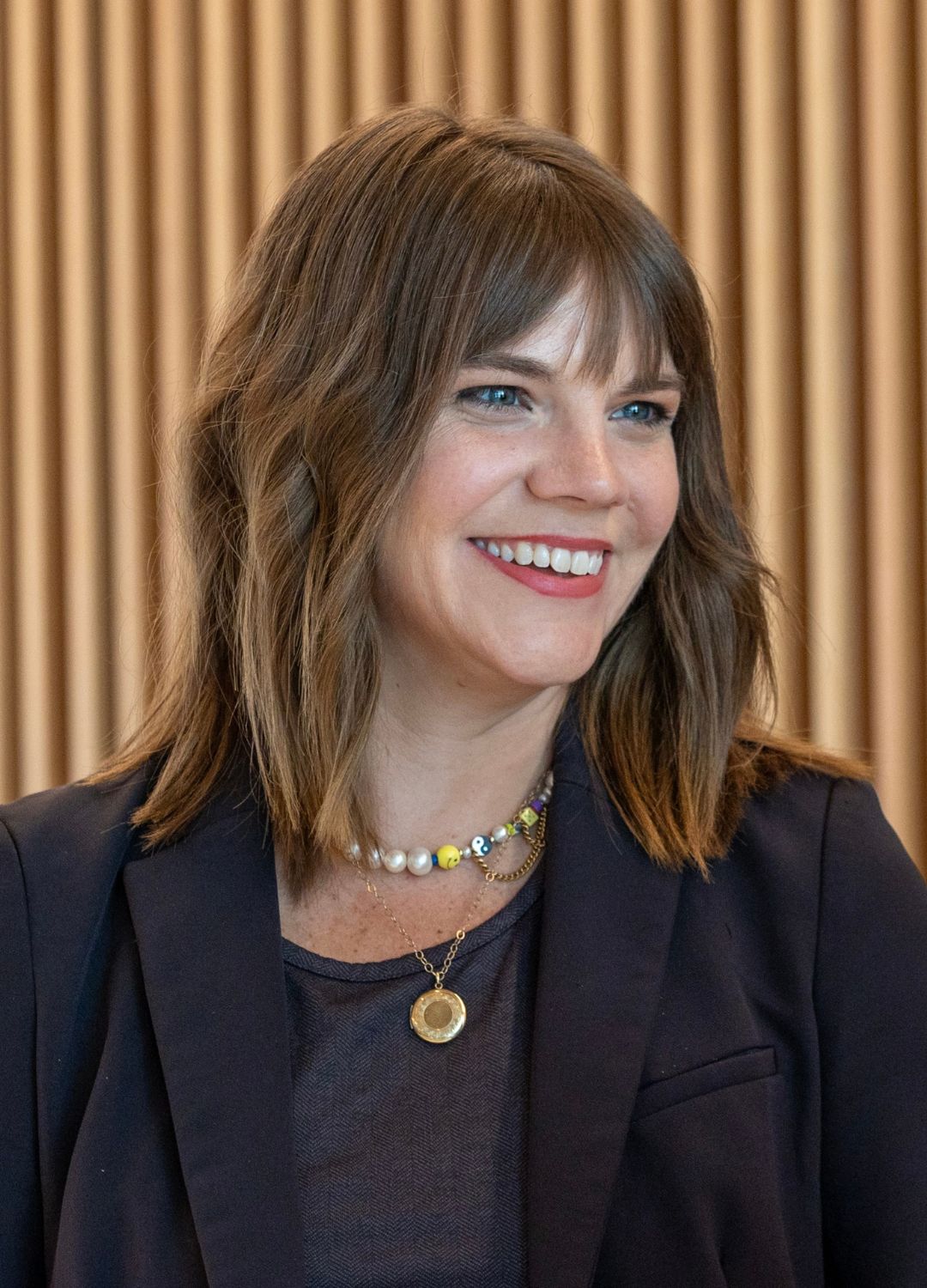Research
Objectives
We envision an equitable and just world that places people over profit. To get there, our mission is to partner with researchers, policymakers, and practitioners to improve policies and advance health equity among contingent and precarious workers. We promote community outreach and participatory research that center’s the voices and experiences of workers, and facilitate systemic and sustainable change to improve labor and environmental conditions in which people work and live.
Projects
Navigating the Waters of the US Healthcare System
Dr. Guillot-Wright was awarded nearly $1 million from the CDC to study the bidirectional relationship between work-related injuries and substance use, particularly for commercial fishermen who face dangerous working conditions, have limited sick leave benefits, and lack preventive healthcare access. Her team will implement and study the feasibility of using healthcare navigators to identify and address biopsychosocial factors that lead to increased injury and substance misuse, as well as evaluate whether and how participants use and access the healthcare navigators. The project brings together worker health equity and structural/social dimensions of health models to understand the bidirectional relationship between injury and substance misuse, and to address these interlinked issues by improving biopsychosocial factors among low SES and im/migrant workers.

Docside Clinic: Decreasing Health Disparities Among Im/migrant Workers
Community-led interventions that address structural and social determinants of health are lacking among im/migrant workers, especially seafood workers. This lack of medical attention is especially alarming given their high rate of injury and death. Through partnerships with Gulf Coast communities, we are studying how mobile street clinics can decrease health disparities and increase health equity among fishermen, dock workers, and their families. Our research methodology is a mixed-methods participatory approach, including community based participatory research (CBPR), surveys, semi-structured interviews, participant observation, and photovoice. Funded by NIOSH's Southwest Center for Agricultural Health
Increasing Health Equity & Health Policy Solutions Among Fishermen
We are exploring how fishermen’s stories and photos can help inform policy solutions through photo-ethnographic methodologies with fishermen, and then translating the results for policymakers Funded by the National Institute of Occupational Safety and Health (NIOSH)

COVID-19 Prevention Among Seafood Processors
To identify and implement solutions that address the unique hazards within the seafood industry, we conducted interviews with seafood processors and industry decision-makers in the Gulf Coast region, as they have unique characteristics and challenges as compared to other fisheries in the United States (US). Our aim was to examine the experiences of Gulf Coast seafood workers during the COVID-19 pandemic, including how workplace and social factors impacted their health and quality of life, as well as explore how the structural-social determinants of health (SDoH) impact workers’ risks and health outcomes. Funded by the National Institute for Occupational Safety and Health (NIOSH)

Longitudinal mixed-methods study of firearms among ethnically diverse adolescent
This study examines access, use, carriage, storage, and sharing of firearms among a large sample of ethnically diverse individuals to examine risk and protective factors of firearm injury and violence. As Co-I, I lead the policy aim by building relationships with federal and state legislators to increase their use of evidence.






